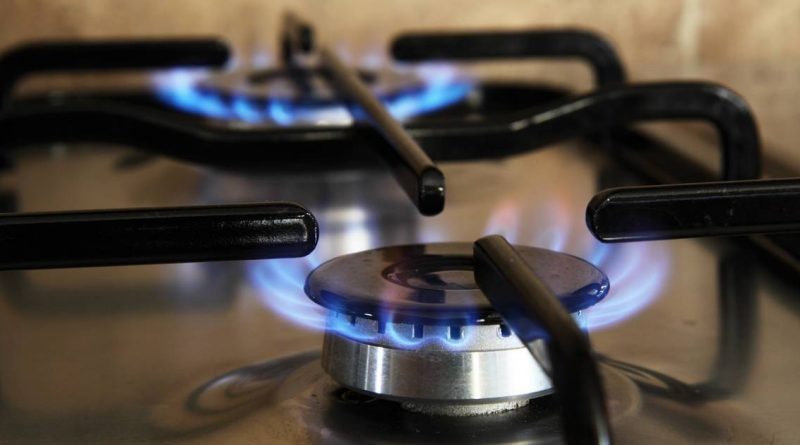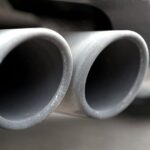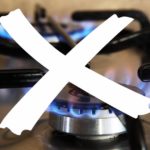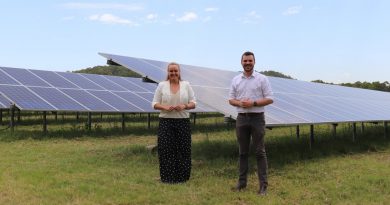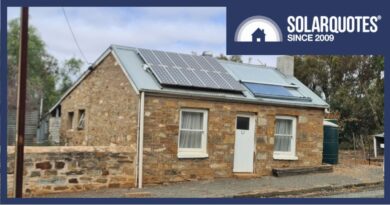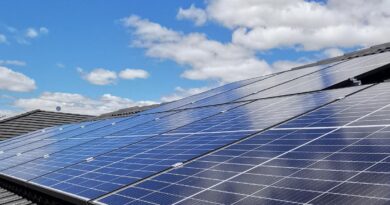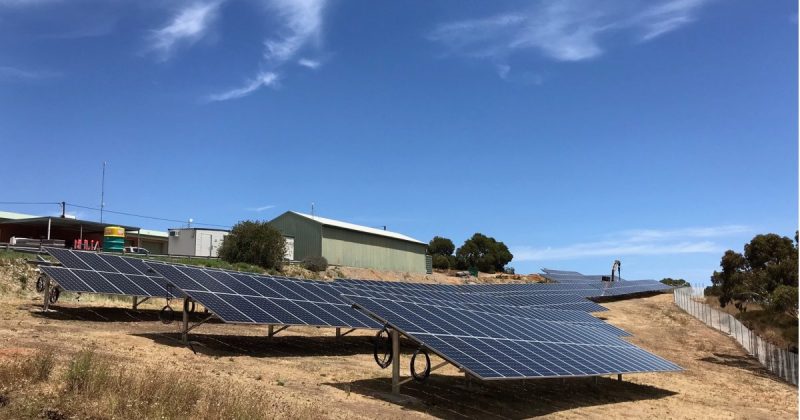Victorians Encouraged To Have Their Say On Reducing Gas Reliance
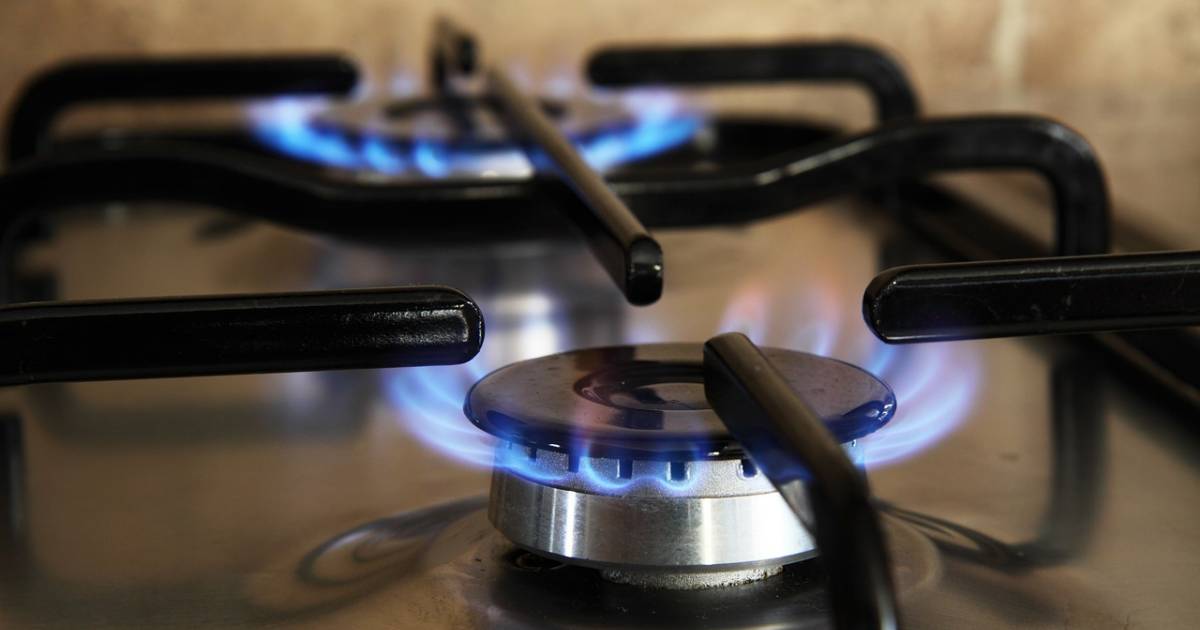

Victoria’s Andrews Government is inviting the community, industry and business to provide their feedback on ways to reduce dependence on fossil fuel (aka “natural”) gas.
Gas accounts for around 16% of the state’s emissions. More than 2 million Victorian households and businesses use gas, the state has 8 active gas-fired power stations and the fuel is used extensively by industry. In April last year, gas consumption was higher than in any of the preceding ten years as a result of increased working and schooling from home due to the COVID-19 situation.
The State Government is looking at strategies to reduce household and other fossil fuel gas use1 as it pursues a target of halving emissions by 2030. As part of this, a Gas Substitution Roadmap consultation paper was launched on Saturday by Victorian Minister for Energy, Environment and Climate Change Lily D’Ambrosio.
“This is an opportunity for Victorians to have a say on how we transition from natural gas to more renewable energy sources,” said Minister D’Ambrosio. “We want to hear from everyone – from the smallest Victorian household to our largest industrial players.”
Decarbonisation Pathways
Among the decarbonisation pathways noted in the consultation paper:
- Improving energy efficiency
- Electrification
- Substituting natural gas with hydrogen
- Substituting natural gas with biogas
- Emerging technologies
- Addressing fugitive emissions
Energy efficiency is often a low-hanging fruit. But given the ongoing strong uptake of solar power among the state’s households and businesses – thanks in part to the Victorian solar rebate – the growth in large scale solar energy and other renewables, electrification seems pretty attractive as a parallel action if backed by a suitable amount of storage.
For example, heat pumps – both reverse-cycle air conditioners and water heaters2 – are more energy efficient than their gas counterparts, as are induction cooktops3 compared to gas cooktops. Electrical appliances are particularly cost-effective for solar households.
Still, such a move would require some very careful planning – this will be a key consideration in the Roadmap – and getting off gas doesn’t have to be an either/or situation. It could be an “all of the above” scenario.
Accelerating a switch from household gas to electricity only to create a situation extending the burning of coal4 (or gas) for power generation wouldn’t be a fantastic outcome. Other pathways may also contain some risk – for example, allowing the use of Victoria’s filthy brown coal (or gas) in the production of hydrogen.
After this consultation period, the Victorian Government will then release the Gas Substitution Roadmap later this year, detailing its planned actions. The consultation paper can be viewed here.
Original Source: https://www.solarquotes.com.au/blog/victoria-gas-roadmap-mb2055/

